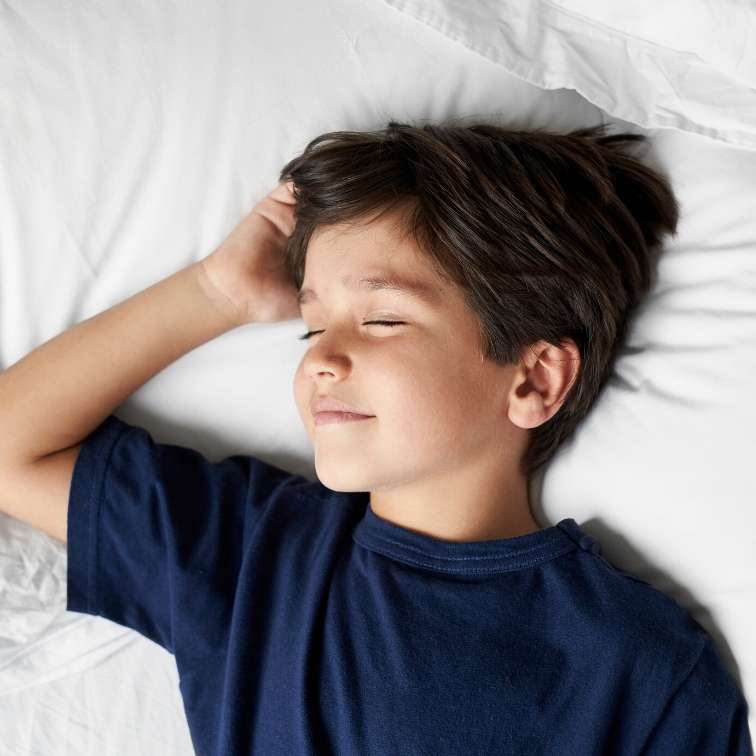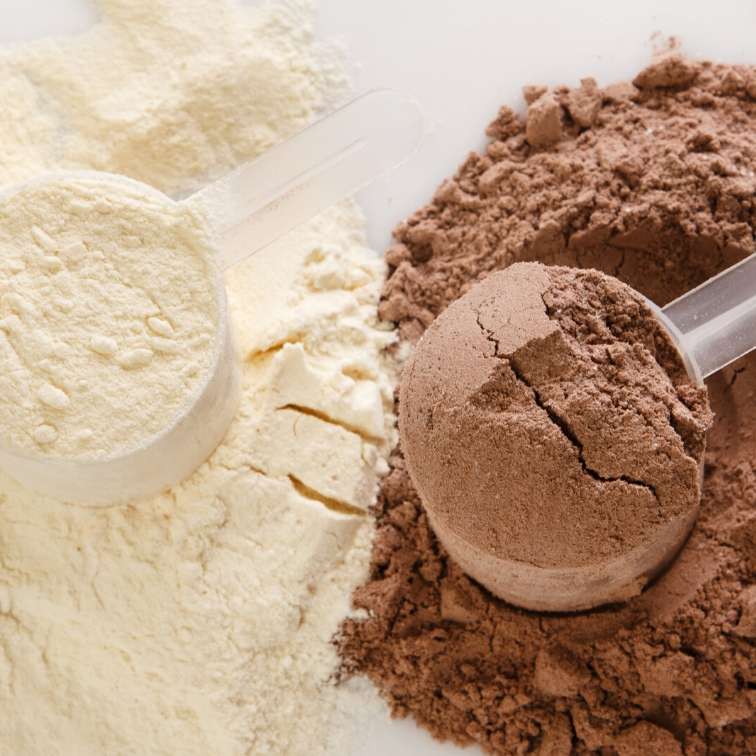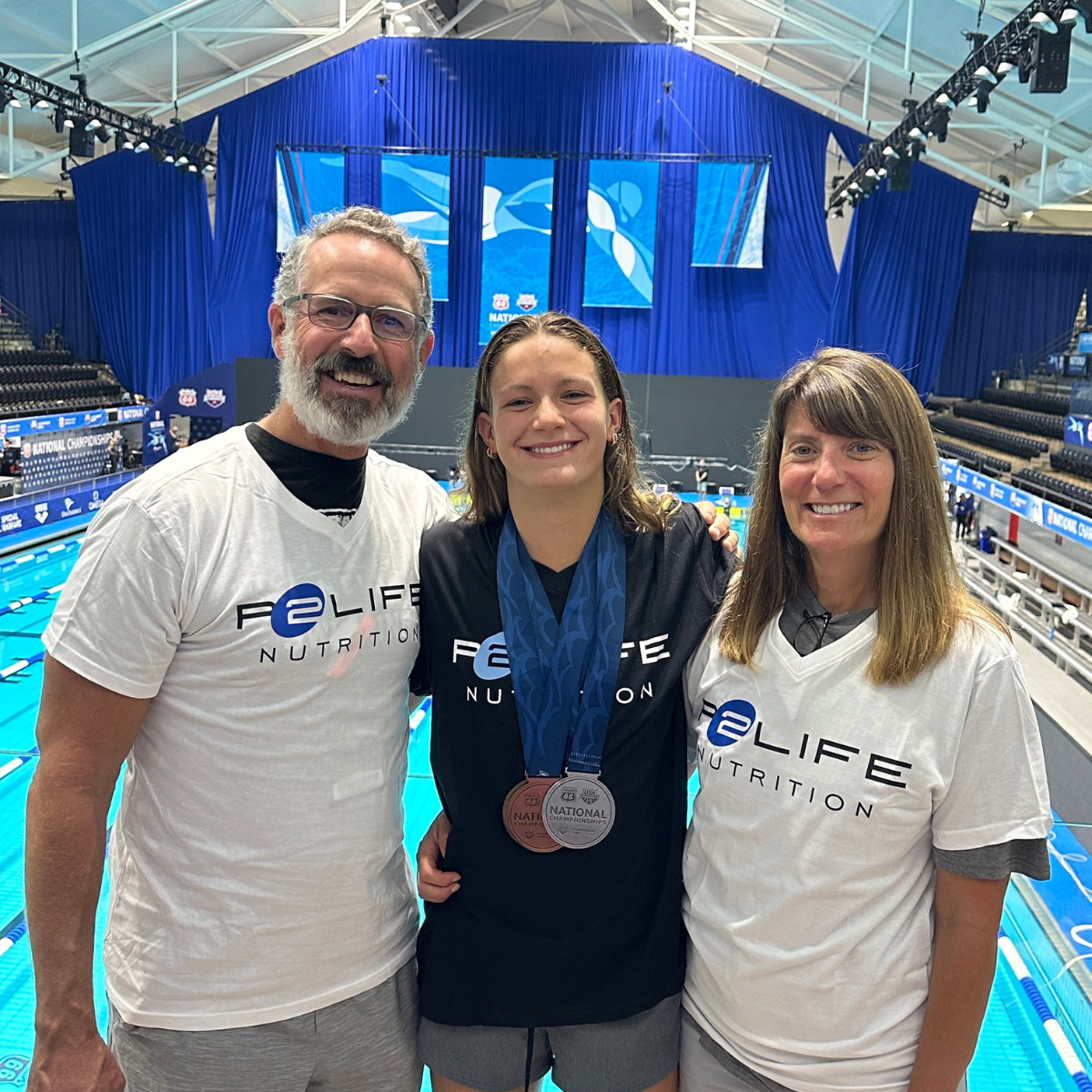
The Importance of Sleep for Swimmers
Most swimmers know that nutrition and training are important components of athletic training programs. But what about the importance of sleep for swimmers? This often-overlooked element of your day can enhance or sabotage your athletic performance, so it’s worth taking a look at what your current sleep regimen is like and possibly make some improvements. Read on to find out more about the importance of sleep and having a good routine for swimmers.

Why is sleep important?
Sleep is important for all of us. When we don’t get it, it impairs cognitive performance, disturbs glucose metabolism, and appetite regulation. To avoid these negative outcomes, researchers recommend that adults should obtain 8 hours of sleep per night to prevent neurobehavioral deficits (Van Dongen et al., 2003).
Sleep provides energy to both the brain and body and if sleep is cut short, the body doesn’t have time to repair memory, consolidate memory, and release hormones. For athletes, in particular, Non-REM sleep is important for recovery since this is the time when the body releases growth hormones, which provide optimum conditions for anabolism, or energy storage (Shapiro et al., 1981).
How much sleep do I need?
Because swimmers are putting themselves through rigorous training, it is important to either add an hour of sleep to the standard 8-hour recommendation or work in a nap into your day. "Getting enough sleep is crucial for athletic performance," says David Geier, MD, an orthopedic surgeon and sports medicine specialist in Charleston, SC. "Just as athletes need more calories than most people when they're in training, they need more sleep, too." Sleep is important because it is the time when our mind and body recover from the strenuous training, busy schedules, and work or school pressures that we all face every day.
Sleep deprivation has also been seen to decrease the production of glycogen and carbohydrates that are stored for energy use during physical activity. Therefore, less sleep increases the possibility of fatigue, low energy, and poor focus at competition time. It may also slow recovery post-training or after a swim meet.

Will it affect my athletic performance?
In short, yes it will. There are plenty of studies highlighting the effects of sleep on athletes and it’s worth considering adding an hour to your total rest period. In research by Mah et al. (2011), the sleep time of swimmers was increased to 10 h per night for six to seven weeks and results showed that 15 meter sprint, reaction time, turn time and mood all improved.
The data from this small number of studies suggest that increasing the amount of sleep an athlete receives may significantly enhance performance. A similar study tracked the Stanford University basketball team for several months and added an average of almost 2 hours of sleep a night to the players' schedule. Results showed that the players increased their speed by 5% and the accuracy of their free throws improved by 9%.
Tips for better sleep:
- Get on a regular schedule. It’s a good idea to wake up and go to bed at the same time every day.
- Avoid caffeine and alcohol. Besides sabotaging your nutrition goals, they’ll negatively impact your sleep quality.
- Stay away from sleep medications. Since you want to be careful what types of medications you're putting in your body during training, try to avoid sleeping pills that will ultimately disturb your performance the next day.
- If you’re traveling for a meet or competition, try and get to your new destination as early as possible to get adjusted to the new time zone and sleep schedule.
- Avoid watching TV or using the computer in bed. Leave the work and entertainment at your desk and head to bed with a clear mind.











Leave a comment
This site is protected by hCaptcha and the hCaptcha Privacy Policy and Terms of Service apply.